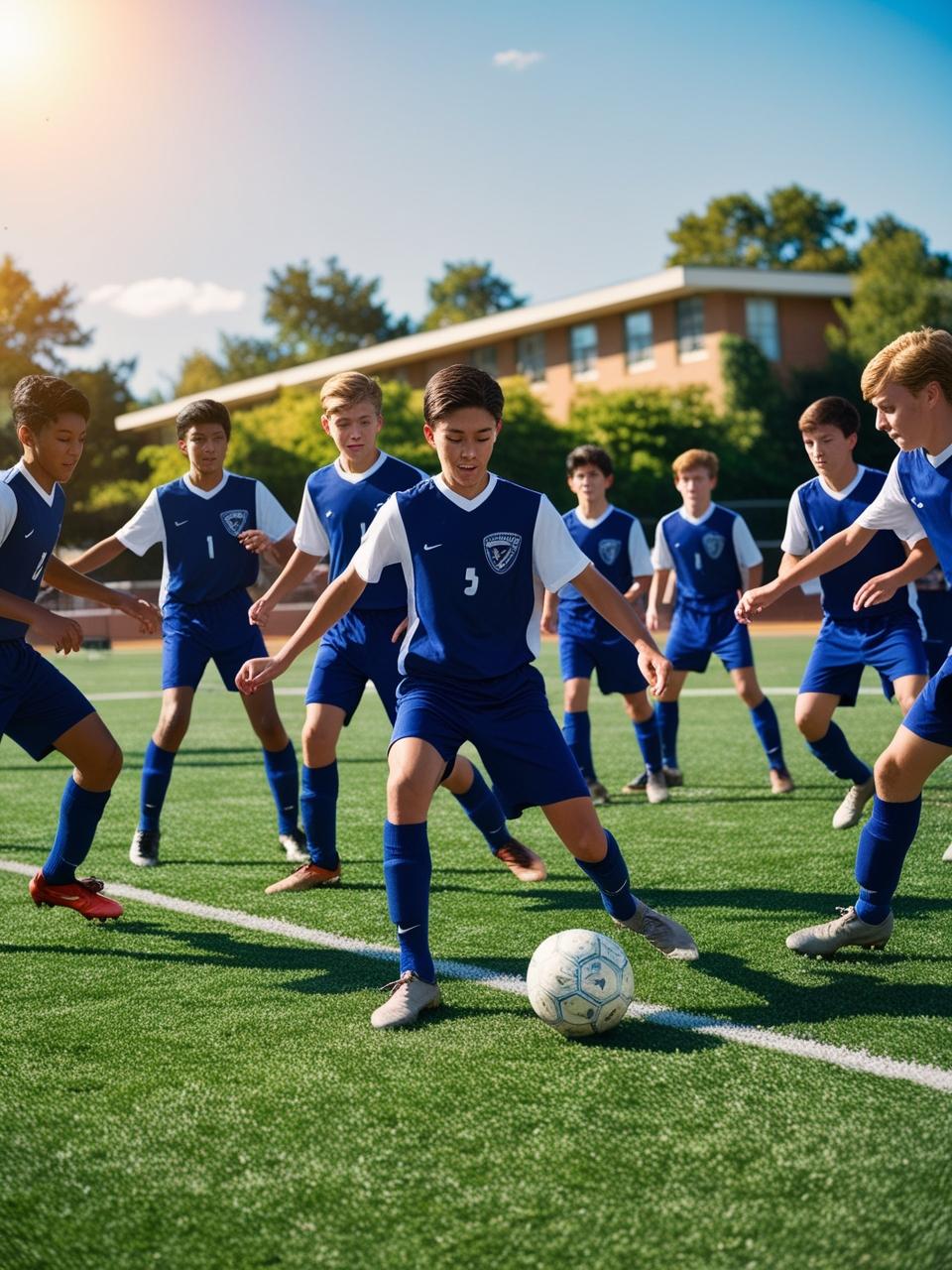Spotlight on Sports
I have assembled this spotlight on sports in boarding schools so that parents and prospective students can explore the incredible variety of athletics that boarding schools offer.
- As I have pointed out many times, participating in sports is not optional in boarding school.
- Athletics are one part of a comprehensive program most boarding schools adopt to educate the whole child in mind, body and spirit.
What do you do if your child is not athletically inclined?
- Don't worry. Boarding schools are accustomed to students with just about every background you can think of.
- Your child will surprise you after a few weeks at school by exclaiming, "Mommy! I love sprinting!"
If you live within driving distance of her school, even better.
- You can attend games. We used to enjoy driving up to the old girls' campus of Kent School on Skiff Mountain to watch our daughter play field hockey.
- The toughest issue with boarding school athletics that your child will encounter is which ones to select.
Canva generated this picture of students playing soccer.

Crew
Sixty-nine schools offer crew. Most schools assume that their students have never rowed before. As a result, they offer a solid grounding in the sport combined with all the ergonometric required.
Groton School, Groton, MA
"Since Groton’s founding in 1884, rowing has been a prominent sport. Girls began to row as soon as the school became



















